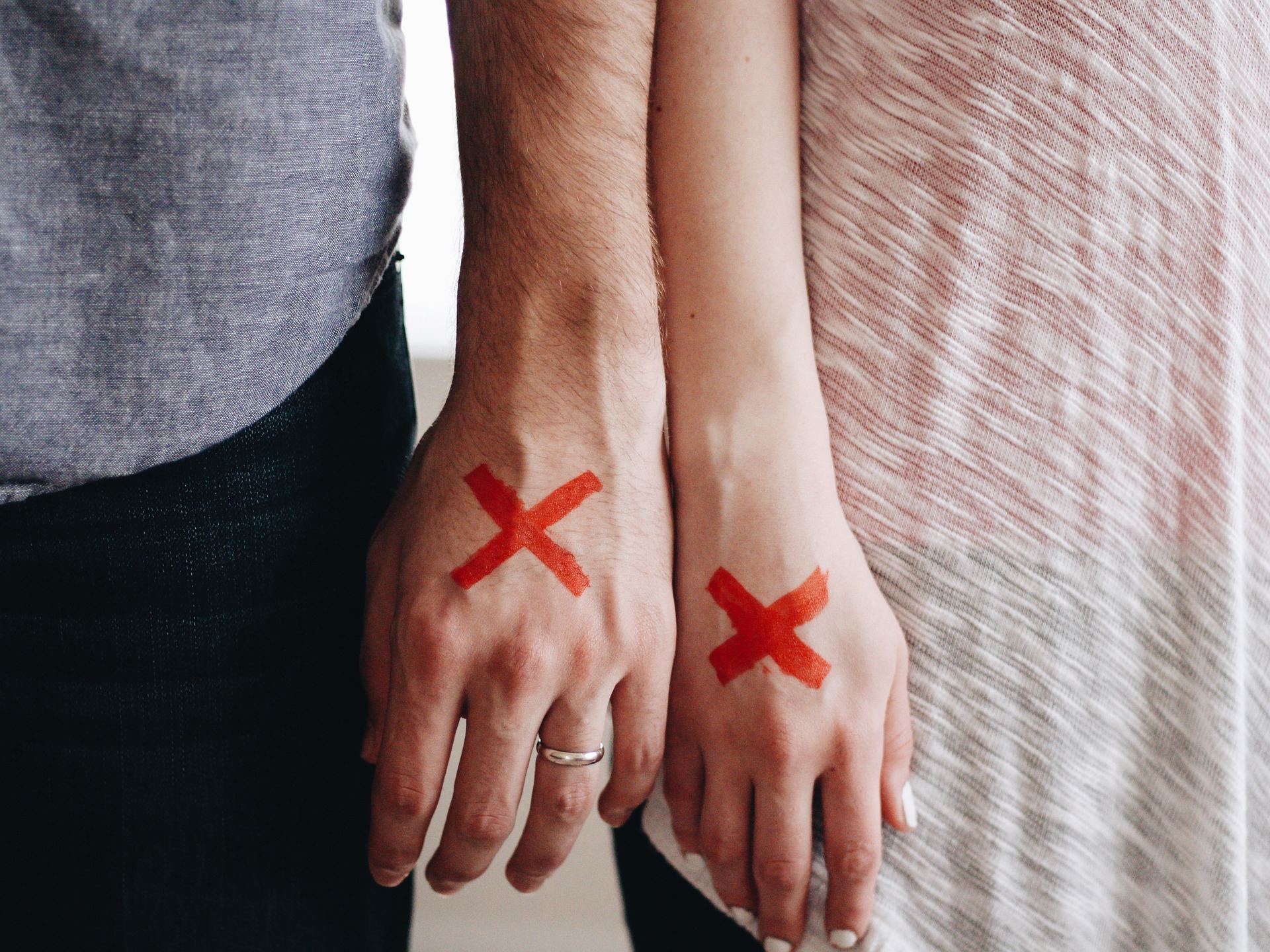Because every aspect of life requires a relationship of some sort, the nature of relationships always has a significant impact on both our emotional and mental wellness. Most of us have been tangled in a toxic relationship at one point or another. Whether it’s a close friend, a family member or a romantic partner, toxicity has the same inevitable outcome – hurt and trauma. Even when you decide to walk away, you still find yourself wounded and helpless at times. If you were liberated from a similar dysfunctional relationship not so long ago, this is for you. Here is a heartfelt talk with counseling psychologist and relationship educator, Dr. Moni El Ramlawy, sharing all you need to know on toxic relationships and how to move on in a healthy way.

From your point of view, define a toxic relationship.
A toxic relationship is a relationship that is unhealthy by all means. You see two people destroying each other, maybe blinded by their romance, and emotionally poisoning one another.
How to know if you are in a toxic relationship?
You’re in a relationship that is full of constant criticism, continual conflict and emotional manipulation. You feel emotionally drained, you get perpetual feelings of guilt and fear, you’re regularly hiding your thoughts and feelings from your partner, and so on.

Are there telltale signs to this toxicity you can notice at the beginning?
The classic sign is controlling behavior. You know you’re in a toxic relationship when you feel controlled and manipulated. The obvious examples of control can be telling you what you can and cannot wear or who you should and shouldn’t talk to. Punishing you by making you feel guilty about something and demanding to know every single detail about your actions and conversations, like where you are, who you’re with throughout the day and checking your phone and emails – basically giving you no space.
Control can sometimes come in subtle ways too. That is why many people confuse restrain with love (or actions of love). Control does not have to be coming from an evil place. Sometimes, you can control your partner without even knowing it. You can get your partner to change because you want what is best for them but your best might not be their best. So, it still doesn’t matter where it comes from. Any conversation, behavior, suggestion, whether intended or not, that takes from one’s truth and freedom.

What usually keeps people in toxic relationships?
People stay in hopes that things can change. They might stay because of love, low self-esteem, fear of loneliness or the fact that they have already invested too much for too long in the relationship that it becomes harder for them to let go. Feelings of guilt and pity towards your partner, especially since many people are tricked into feeling bad about leaving. It could be the need to help and fix your partner when family and children are involved. Added to that, there are untrue common beliefs about relationships and marriage, including stereotypes like “all women cause drama” or “all men are passive-aggressive.”
What are the psychological effects of a toxic relationship?
Stress, loneliness, low self-worth, feeling insecure, anxiety, depression and other forms of emotional distress.
How to recover and grow out of such a relationship?
Find your strength. Figure out the things you enjoy and bring you to life. You may have given up these activities during your toxic relationship since partners who become toxic usually don’t want to see you thrive. It’s also okay to need support. We all need it at some point in our lives. Seek therapy – it helps you regain your strength, understand your emotions, process them and increases your self-awareness.
Is it possible for a relationship to evolve from being toxic to healthy, once the issues have been identified and addressed?
Yes, but both partners must want to change for good. It takes hard work as a couple and also as individuals. However, it is crucial to realize when this is not working out and be willing to walk away. Some couples try to make their relationship work and they run out of success, yet they still stick to the idea of making it work and refuse to let go. That sometimes creates even unhealthier patterns and dense toxicity.
What are some tips on how to communicate concern to a loved one whose partner is being “toxic” without making them pull away?
Be kind. Don’t judge or criticize. Assure that you’d always be there whenever needed. Don’t force or impose your opinion; instead, check on them when they allow you to.
As a specialist, what did you discover about the people whose relationships ended? Any gains?
In most partners I’ve seen end their toxic relationships, I’ve witnessed many gains. They start finding themselves again and revive what they have lost during their relationship, be it their self-worth, determination, peace of mind or the interests they once let go of during their relationship, like traveling, painting and reconnecting with friends.



